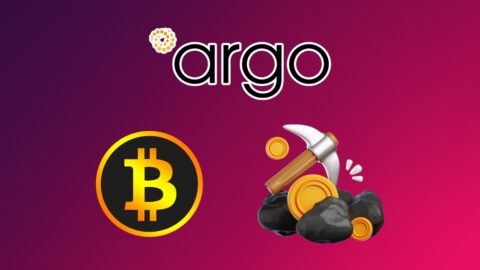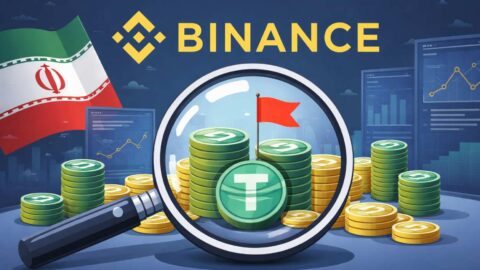The European Central Bank is laying the groundwork for the digital euro by partnering with top tech firms across Europe to build secure, user-friendly, and privacy-focused infrastructure.
Key Takeaways
- Almaviva and Fabrick will develop the official digital euro mobile app and wallet with SDK and API support for integration.
- Feedzai, supported by PwC, will provide real-time fraud detection that protects user privacy.
- Giesecke+Devrient will build the offline payment system, enabling transactions without internet access.
- Contracts are worth up to €237 million and cover all major components needed for the digital euro rollout by 2029.
What Happened?
The ECB has signed contracts with seven technology partners to build essential infrastructure for a potential digital euro. While the final go-ahead is pending legislative approval and a formal decision from the ECB Governing Council, these partnerships prepare Europe for a central bank digital currency that mirrors the privacy, accessibility, and trust of physical cash.
🇪🇺 The ECB has reached a framework agreement with seven tech partners for digital euro components, covering fraud management, secure information exchange, and storage management. The digital euro may launch in 2029. pic.twitter.com/v6n0yakkXL
— David Lavi Mattan (@digitbtc) October 3, 2025
ECB Prepares Core Infrastructure Ahead of Final Approval
The digital euro project just entered a critical development phase as the European Central Bank awarded contracts across five key technological areas. Though no formal decision has been made to launch the digital euro, the ECB is investing in infrastructure to ensure it’s ready when needed.
The most visible development is the selection of Italian firms Almaviva and Fabrick to build the official mobile app and wallet. The app will work on smartphones, tablets, and smartwatches, offering peer-to-peer, in-store, and online digital euro payments. It will deliver a uniform experience across the EU, designed to integrate easily into the existing payments ecosystem through SDKs and APIs.
In tandem, Feedzai will build a fraud detection system capable of scoring transactions in real time across the eurozone. The ECB emphasized that this system will respect strict privacy rules and will not track users or create behavioral profiles. The fraud detection component is estimated to cost between €79.1 million and €237.3 million, depending on scope and future expansion.
Offline Payments to Mimic Cash
Another major milestone is the inclusion of offline payment technology. Giesecke+Devrient, a German security firm, alongside Capgemini and Nexi, will develop a solution that enables users to transact without internet access, keeping all data on local devices like smartphones or cards.
This design allows the exchange of funds directly between users, preserving anonymity much like cash. It’s also seen as crucial in ensuring resilience during network outages or emergencies, adding another layer of reliability to the digital euro ecosystem.
Other Key Tech Partners and Components
- Sapient GmbH and Tremend Software will create an alias lookup service that allows payments to be made using phone numbers or emails, improving ease of use.
- Senacor FCS and equensWorldline will be responsible for secure data exchange between the ECB and financial institutions, supporting system scalability and integrity.
- A second provider for the offline component is expected to be announced later to ensure redundancy and development flexibility.
These partnerships stem from a procurement process launched in January 2024, with contracts now in place through at least 2029, depending on regulatory outcomes. No payments under these framework agreements will occur unless the digital euro moves forward, as stated by the ECB.
CoinLaw’s Takeaway
In my experience covering CBDC rollouts globally, this kind of investment shows that the ECB isn’t just testing ideas. They are strategically preparing for execution. The selection of multiple firms for each function, including fallback providers, tells me they’re anticipating political and technological hurdles. I found the emphasis on privacy, offline capability, and seamless app experience particularly reassuring given how skeptical many Europeans are about surveillance in digital finance. The ECB clearly wants the digital euro to feel like cash, not just another banking product. That’s smart, and it might just be what makes this project succeed where others have stalled.


































































